EU integration will find solutions to Serbia’s problems
Friday, 29.06.2007.
17:47

EU integration will find solutions to Serbia’s problems
B92: The technical talks of the Stabilization Association Agreement [SAA] negotiations are expected to be completed in July, what is the next step?Josep Lloveras: We have another round of SAA negotiations in July, and now we are doing everything to speed that process up as much as possible, but we have to wait and see if it can be finalized in July.
Now we are getting into the nitty-gritty of the negotiations. We have to discuss agricultural and industrial concessions, so it’s likely after this coming round that we will have an indication of when they can be finalized.
I think July is a bit of an optimistic assessment but I hope we can initial them shortly thereafter. And then of course, the next step would be, once they are completely finalized, the process of initialing by the Commission, and then the process of signing and later on of ratification, which is a formal process involving member states, Serbia and the European Parliament.
B92: Will Serbians feel any effects of the SAA or of candidate country status?
Lloveras: I think there is a constant impact throughout the process. There is no magic in this type of signing, but as the Commission said, the SAA is the gateway to the next step, which is candidate country status.
Therefore I think it is very important and that benefits are being reaped throughout the process. We are seeing them already. If foreign direct investment is flowing into Serbia, it’s largely due to the clear prospects of integration. Once the SAA is signed, the process will be much more cemented and consolidated and we will see even more investment, even more job creation and therefore more economic development. Let’s hope.
B92: It has been recently stated that Serbia hopes to be on the Schengen White List in 2009, there has also been the recent success of facilitating visa regimes for certain groups—students, pensioners, certain professionals—how do you see this process?
Lloveras: We saw our vice-president, Mr. [Franco] Frattini, very recently discussing this issue with Foreign Minister Vuk Jeremić and I think there is an openness on the side of the Commission to move beyond this inflexibility, toward a better visa regime.
But that of course requires a number of efforts on the side of Serbia. For example, rules on borders, passports, security, information, and laws on citizenship. I think there are six or seven laws that need to be adopted. Plus, the protection of the borders needs to be ensured.
On the side of the Commission, there is a very strong awareness of how sensitive and important this issue is for the citizens of this country, particularly for the youngsters, how deeply frustrated they are by the current situation. But it has to be understood that our ministers of the interior of the Union often have a different view from our ministers of foreign affairs, so we also have to think about the concerns of EU citizens in terms of security.
It requires effort and the reforms that I mentioned on the side of Serbia, but I am confident we will be progressively improving and moving in that direction.
B92: How will the process of settling Kosovo’s future status affect the nature or pace of Serbia’s European integrations?
Lloveras: We see this process, the Kosovo process, as a separate one from the EU integration process. This has been explicitly mentioned both by the European Commission and High Representative Solana. Obviously, we would expect a solution for Kosovo without artificial delay, and we feel the best solution is one found in the context of the UN, which is what we hope for.
I feel however that there is an enormous amount of political energy that is consumed by the Kosovo process and if some of this energy were devoted to European integration I think it would have a real impact in speeding it up.
B92: How would you rate the new government's efforts for EU integration?
Lloveras: I have already visited most of the ministers and I have a feeling that there is a good understanding of what integration is and a willingness to move ahead on that path. Now having said that, I think it is too early to give marks.
I think the next report is going to be the real assessment. We have a progress report on each candidate and pre-candidate country who approaches the EU and so we will constitute a full chapter to Serbia of that report to appear in November. That will be the moment when we assess more precisely, in each field, how the progress is advancing.
B92: Do you feel that a sense of EU identity among citizens is important for the EU integration process?
Lloveras: I think what is important is that citizens really want Serbia to join the EU. I do not know whether I would call this European identity or simply a sense of belonging to Europe, but I think that this exists in the majority for the population.
And I think it is very important because without that willingness, the political leadership would have a very difficult time steering the process whose starting point is the willingness of the citizens to join the EU.
B92: How can one foster a sense of European identity or belonging to Europe?
Lloveras: I think by explaining to the citizens what Europe means. Explaining also that European integration is complementary and not contradictory to cultural diversity. That European integration will be an opportunity for Serbia to project itself more vigorously into Europe.
Some see a conflict with preserving their Serbian identity. On the contrary, I think many of the smaller countries are finding that the EU is a strong help to maintaining their identity.
B92: How do you think the sense of European identity has changed in Serbia since 2000?
Lloveras: 2000 was a big change in the sense that it was then that Serbia decided on Europe. Since then, the sense of wanting to move to Europe has been on the increase, and it continues to increase.
B92: How can one reconcile the strong (nearly 70%) support for joining the EU and the importance of a sense of European identity with the success of nationalist parties in elections?
Lloveras: I think the two are not completely related. I think there is a phenomenon that we see in countries in terms of transition. Nationalist parties, particularly the most radical, capitalize on discontent. It is clear that in any transition, there are what we call “transition losers”, so there is an easy trend to exploit, but at the same time, you have to propose solutions.
What is clear is that the impact of globalization on transition is there anyway, and European integration will not make it worse. On the contrary, it will find solutions to solve the problems. Capitalization on discontent is an easy game to play but it does not solve any of the citizens’ problems.
B92: What do economic reforms—the effort to build a sustainable market economy capable of withstanding the market forces of the Union—mean for the average citizen? What differences will they notice in their daily lives?
Lloveras: Once the economy of this county is more efficient, the cost of production will be lower and citizens will therefore be able to afford a wider choice of products at a better cost, of better quality, and which respond better to their needs.
Also it will imply more employment. I think this is what European integration means, reforming the country to help to face globalization rather than becoming a victim of it.
B92: How important are the regional economic initiatives such as the Central European Free Trade Agreement [CEFTA] in the context of Serbia’s EU integration?
Lloveras: We attach great importance to regional cooperation not only from a political point of view, to bring stability to the region, but also from economic point of view. It is extremely important because obviously Serbia is a relatively small country, and when investors look for markets, they look for large markets, and so to the extent that one can consider not only Serbia, but the larger CEFTA market, it represents a multiplier effect.
When I talk with business people, I realize that there are already a lot of exports to CEFTA countries and hopefully very soon we will be able to integrate CEFTA into the EU market. I think CEFTA is the first natural expansion of the Serbian market
B92: Do you believe that steps Serbia is taking to tackle corruption and organized crime are sufficient?
Lloveras: We have seen a number of steps in both areas recently so there is certainly an awareness of the problem, but we feel that more needs to be done. In the field of the fight against corruption, there is a strategy that now needs to be translated into an action plan and an agency or body that will be devoted to that activity needs to be created.
This applies same to some extent to fighting organized crime. There is a strategy, but now it needs to be translated into a concrete and tangible action plan. These are areas which are of great concern to citizens and we have seen how important they are in the context of accession and how important is to resolve them, so we really hope more will be done.
B92: How does EU integration speak to the issue of human and gay rights in Serbia and what steps are being asked of Serbia to improve the situation for gays?
Lloveras: EU integration looks at any form of discrimination that may take place in society and this obviously includes discrimination based on sexual inclination. Therefore we monitor the situation carefully and we fully expect that the anti-discrimination law will be useful and put in place to avoid any form of discrimination on any grounds.
We do not have a particular acquis other than, as I said, to avoid any form of discrimination and therefore this is a situation that we are monitoring and we feel there is indeed much room for improvement.
We look at homosexual rights as we look for the rights and protections of any minority, or as we look at any form of discrimination on any grounds in the country.
B92: Does the EU have any outreach programs or support for non-governmental organizations [NGOs] that support gay rights?
Lloveras: We do, we have program that we manage directly at the EC delegation that is called the “European initiative for human rights and democracy.” It is targeted at fostering a culture of tolerance, human rights, and democracy. Under that program, we are currently financing 23 NGOs who have expressed interest. This is the type of window where these concerns can be addressed.
B92: What changes will the average citizen see for environmental issues in the context of EU integration?
Lloveras: I think this is an area where there is a lot to be done and once Serbia approaches EU standards, the difference will be enormous in terms of the quality of air, water, and the environment. It is not something that can be done overnight, it requires investment, but we are providing support.
For example, we are supporting the improvement of the environmental conditions in Kosovo. Therefore this is an area where I think the quality of all citizens’ lives will be very much improved as a result of the implementation of European standards.
But it requires a consolidated effort of national and local authorities, business people and also citizens who need to be very much aware of it because frankly when I travel around Serbia I realize that awareness is not sufficient on the part of all citizens.











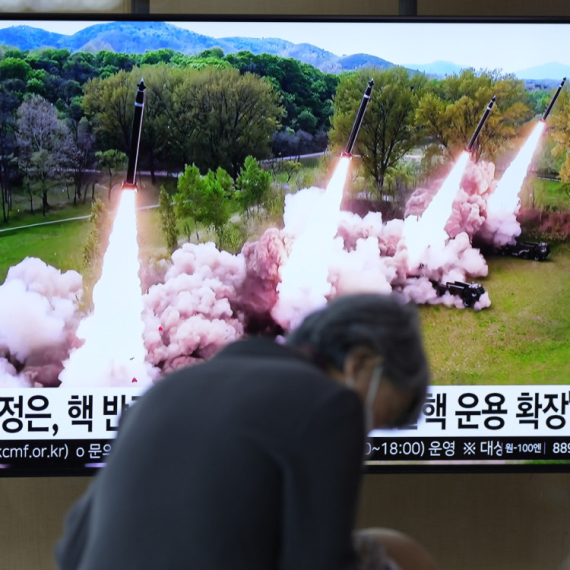




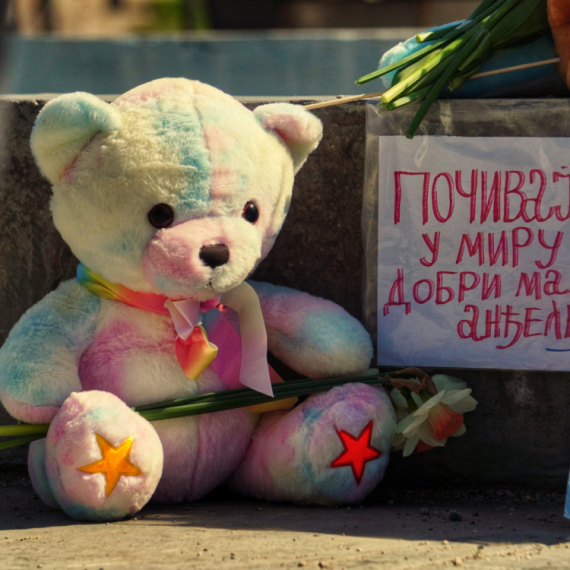
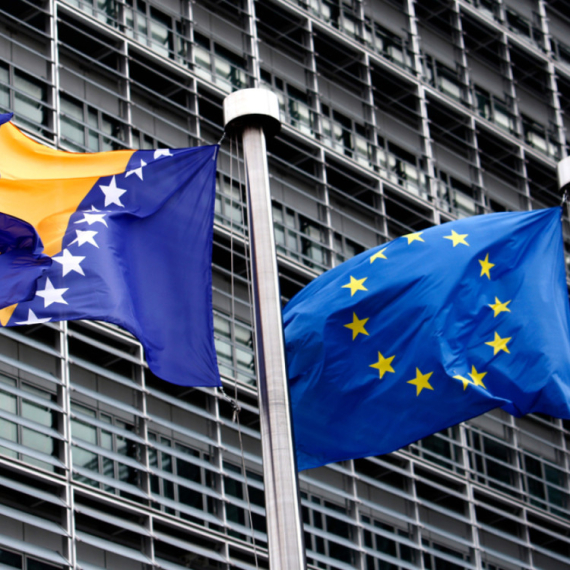
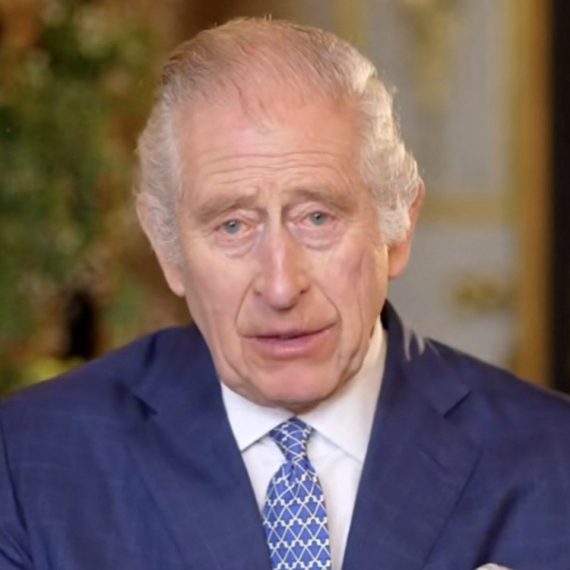
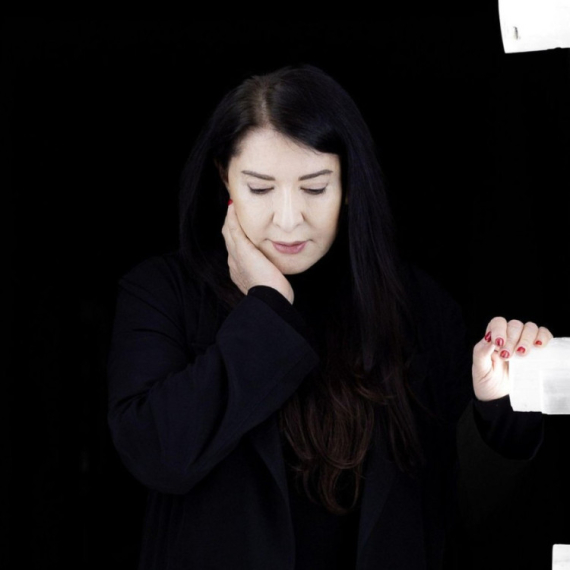








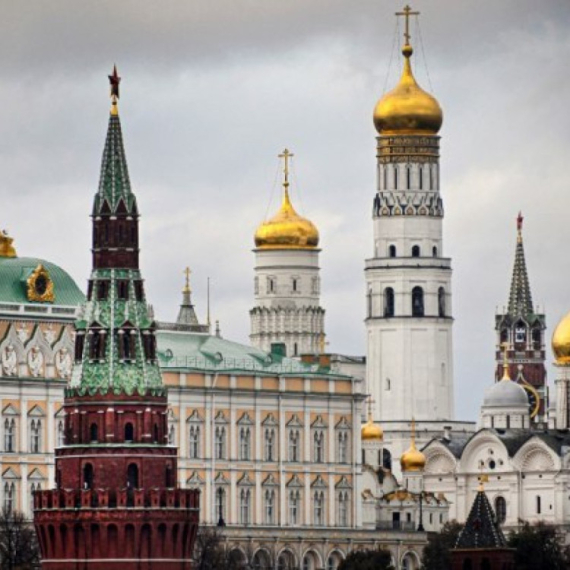
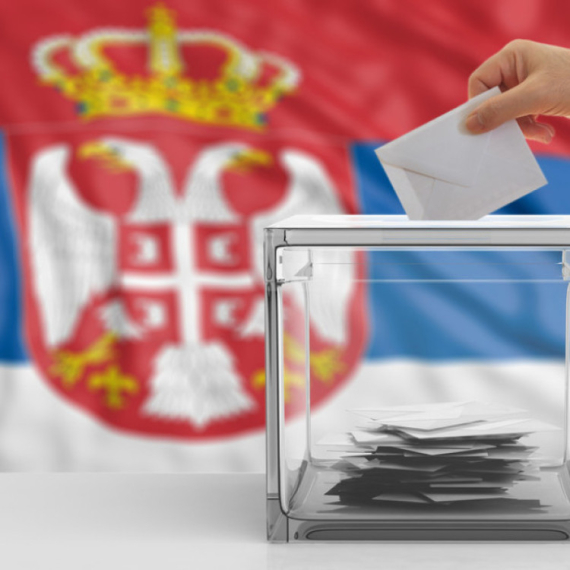
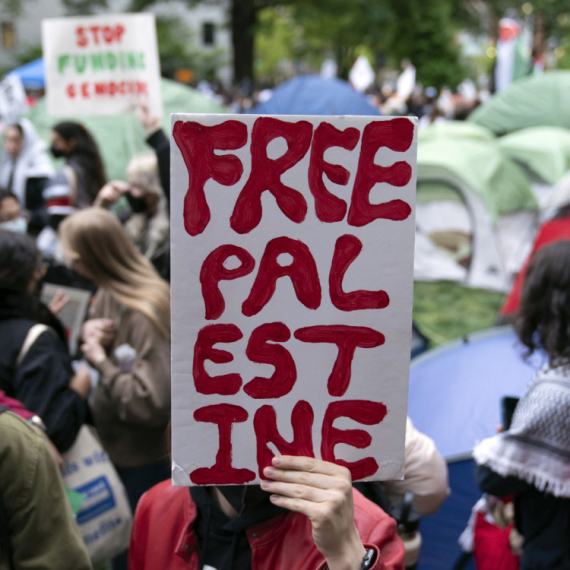












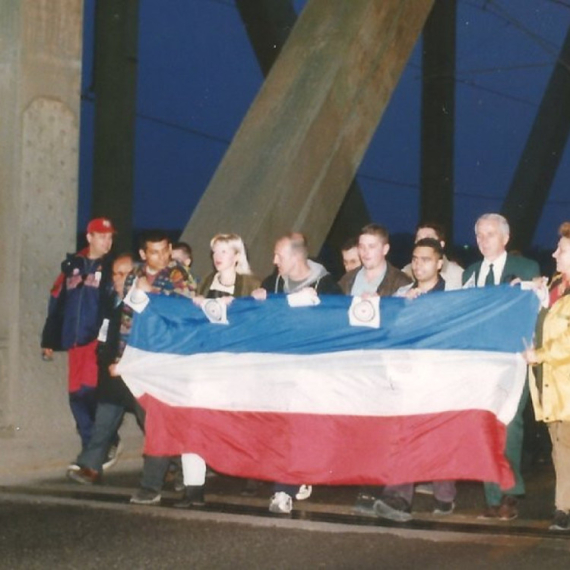




Komentari 1
Pogledaj komentare